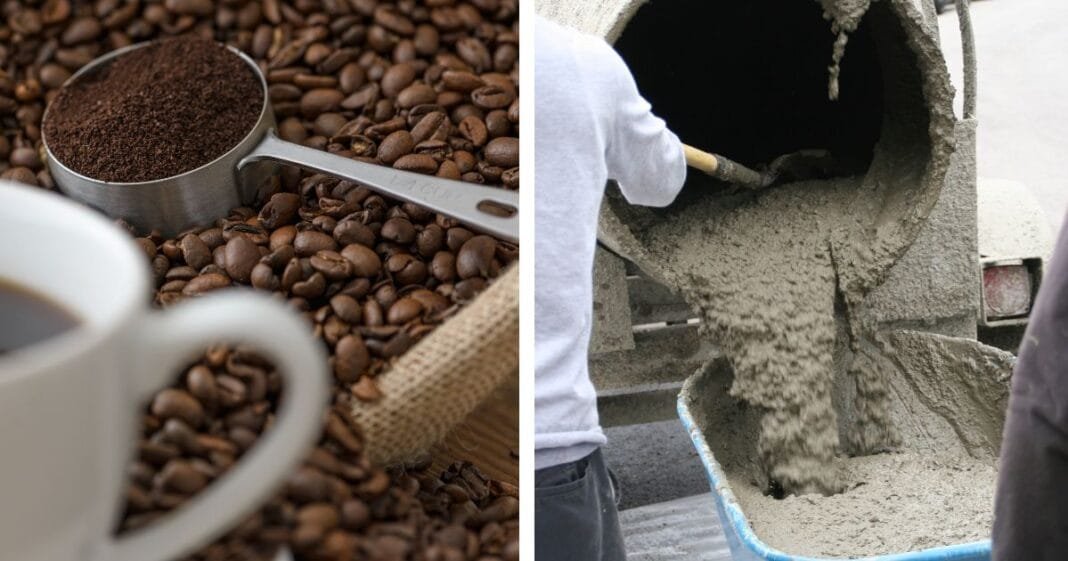Engineers at RMIT University in Australia have developed a new way to make concrete stronger by using roasted used-coffee grounds. The team found that coffee grounds can be turned into biochar, a porous material with high carbon content, using a low-energy process without oxygen at 350 degrees Celsius.
The researchers say that the addition of coffee biochar to concrete can improve its strength by up to 30%. They also say that coffee biochar can replace a portion of the sand that is used to make concrete, which would help to reduce the environmental impact of the construction industry.
The study, which was published in the journal Journal of Cleaner Production, is the first to prove that waste coffee grounds can be used to improve concrete. The researchers say that their findings could have a significant impact on the construction industry, as they offer a new way to reduce waste and improve sustainability.
How does it work?
The researchers first roasted the used-coffee grounds in a low-oxygen environment. This process converted the coffee grounds into biochar, which is a porous material with high carbon content. The biochar was then added to concrete in varying proportions.
The researchers found that the addition of coffee biochar to concrete improved its strength in a number of ways. First, the biochar helped to improve the bonding between the concrete’s components. Second, the biochar’s porous structure helped to trap air bubbles in the concrete, which made it more resistant to cracking. Third, the biochar’s high carbon content helped to improve the concrete’s resistance to weathering.
The environmental benefits
In addition to improving the strength of concrete, the use of coffee biochar also offers a number of environmental benefits. First, it reduces the amount of waste that goes to landfill. Second, it helps to reduce the need for sand, which is a finite resource. Third, it helps to improve the sustainability of the construction industry.
The next steps
The researchers say that their findings could have a significant impact on the construction industry. They are now working to develop practical implementation strategies and work towards field trials. The team is also keen to collaborate with various industries to develop their research.
The researchers
The research was led by Dr Rajeev Roychand from RMIT University. The other co-authors are Dr Shannon Kilmartin-Lynch, Dr Mohammad Saberian, Professor Jie Li, Professor Guomin (Kevin) Zhang and Professor Chun-Qing Li.
The funding
The research was funded by ARUP Australia Pty Ltd, Earth Systems Pty Ltd and RMIT University.
